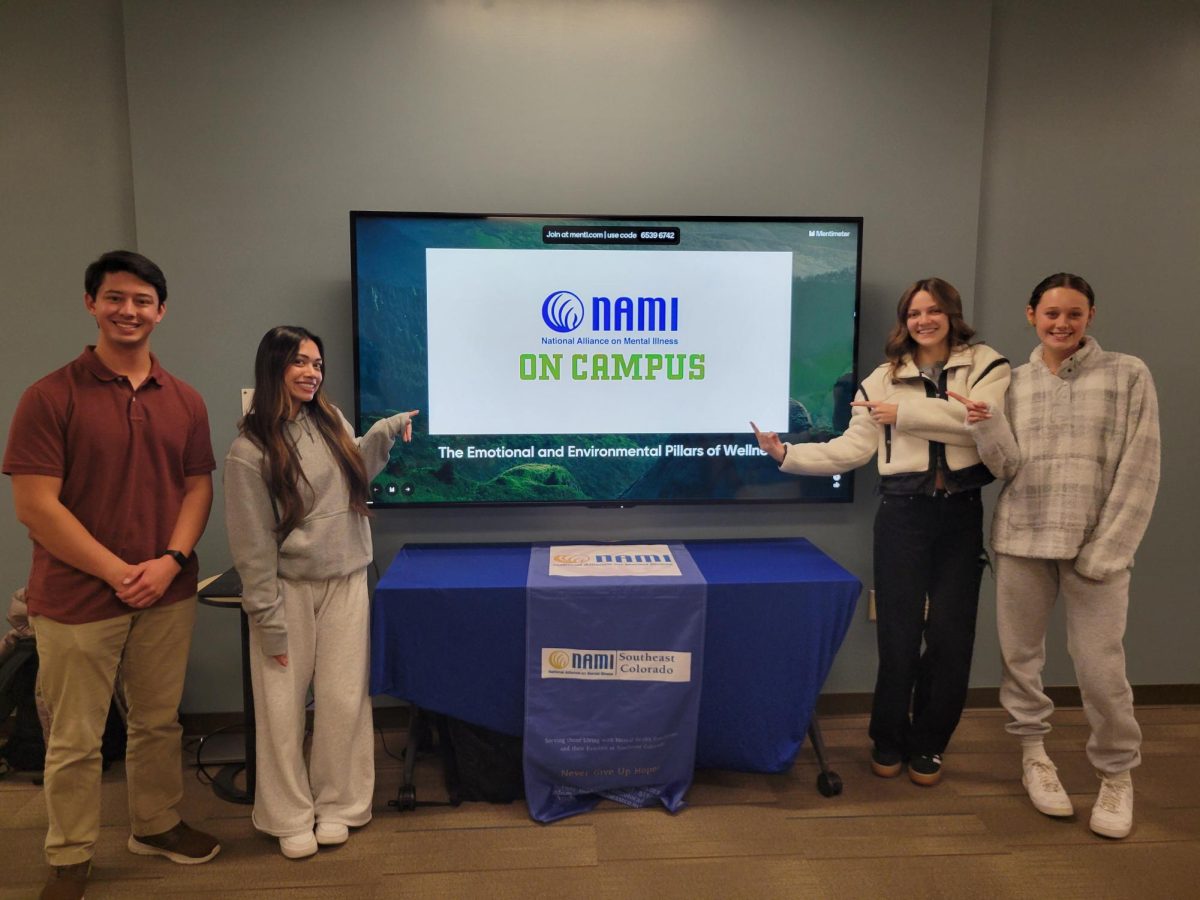
Nebot was visiting CSU-Pueblo to deliver a lecture titled, “Illegal Immigration: Humanitarian Solution,” as part of Hispanic Heritage Month.
During his lecture Nebot challenged the connotations of the word ‘immigrant.’ He associated the word with the idea of being out of place, not necessarily a person who transitions from one country to another. He even invited the audience to share situations or events where they felt foreign or out of place.
According to Nebot, the debate around illegal immigration is tied up in semantics. “Language limits how we look at problems,” said Nebot. He stated that this has lead to dehumanization instead of addressing the issue with “values of compassion and empathy.”
Throughout his speech Nebot, insisted that he was not acting as a political pundit. Nebot said he only wanted to “bring people together to discuss immigration openly and firmly,” and to look at the issue through a humanitarian lens. Nebot’s lecture seemed to be paving a new direction for a difficult issue. As he was describing a new way to discuss the issue the audience grew more involved in his lecture.
With what appeared to a widening scope of the issue, CSU-Pueblo Assistant Professor Alegría Ribadeneira, an Ecuador native, asked Nebot if he felt the struggle over illegal immigration was simply human nature. Unfortunately, Nebot spent little time addressing this pertinent comment beyond simple acknowledgement.
As he continued he narrowed illegal immigration down to a matter of foreign versus domestic policy. Nebot ended up falling victim to what he believed to be the initial problem, an over simplification of the issue.
The issue at the heart of the illegal immigration debate isn’t what foreign policy measures will impact illegal immigration; it is whether or not there is a group willing to set aside the politics and weary contentions. The more pertinent question for CSU-Pueblo students is would you be willing to develop a new line of reasoning, a new ethical paradigm, to positively impact future generations.
Ribadeneira’s interpretation of the issue was in line with a more appropriate debate for illegal immigration. It is one that discovers why people are willing to take up arms to defend borders from others looking for new opportunities; a debate venturing into human nature and group psychology.
This type of debate would mean a shift in paradigm. This would necessitate moving away from polarization. Once this transition occurs illegal immigration could no longer be used to garner an emotional response from the general population, allowing an intellectual discussion to occur where no political party is able to benefit from the discussion.
There is no better place for this discussion to begin than here, at the university level. This wide variety of unique perspectives could truly impact what has become a global issue.







